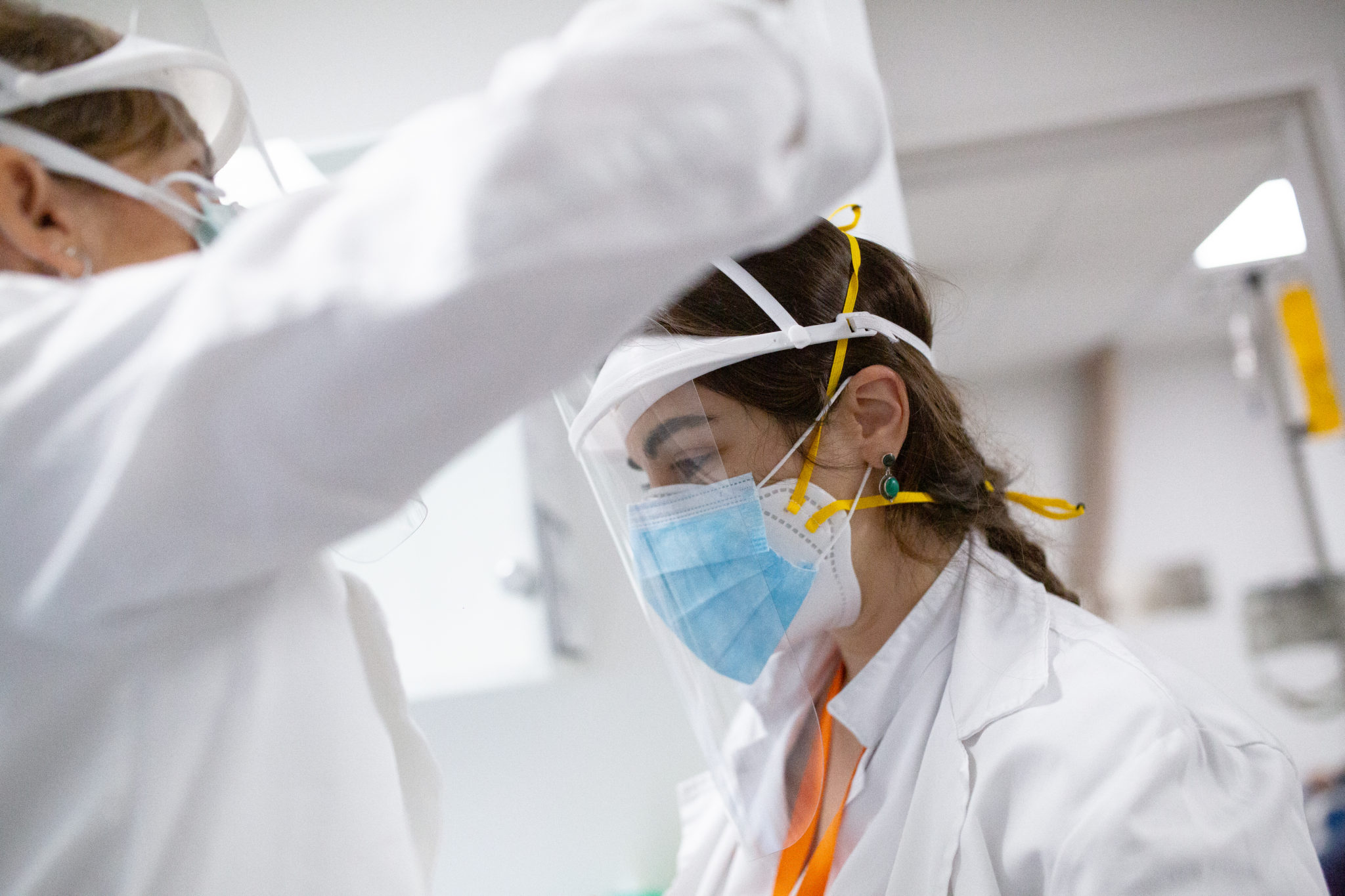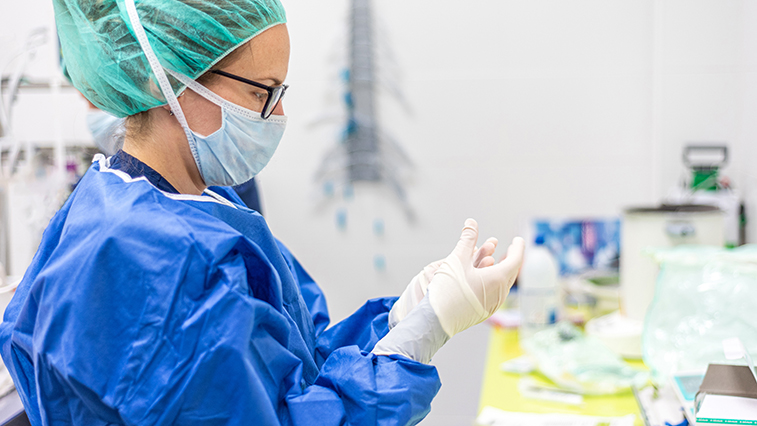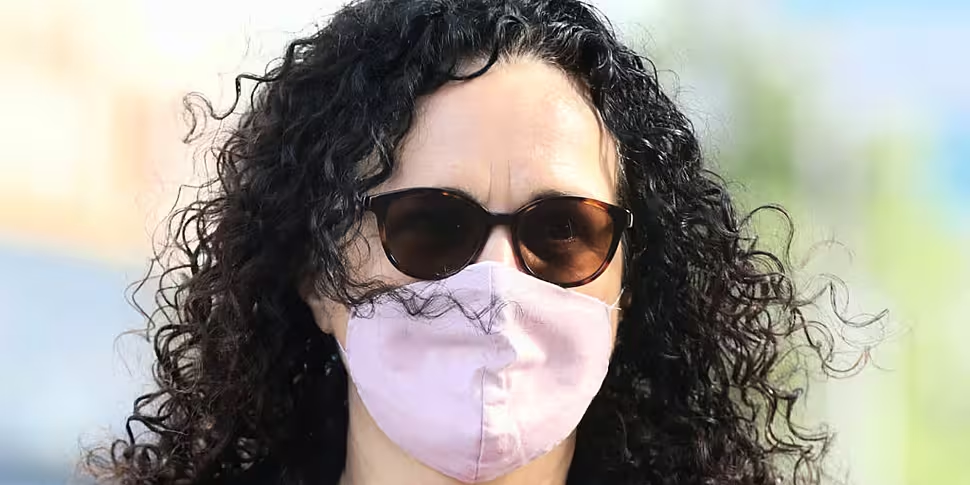Nursing representatives are calling for the Health and Safety Authority (HSA) to be handed powers to examine the high numbers of COVID-19 cases among medical staff.
As of last Saturday, 8,342 healthcare workers had been infected with the virus – just over 32% of the confirmed cases in Ireland.
Seven health workers have died and nearly 320 have been hospitalised with their symptoms.
Concerns were raised today by healthcare workers at the Covid committee about the long term effects for those who contracted the virus. We're hearing from Phil Ni Sheaghada of @INMO_IRL now on @NewstalkFM pic.twitter.com/dAjlHf20y0
— IvanYatesNT (@IvanYatesNT) July 21, 2020
On The Hard Shoulder this evening, Phil Ni Sheaghdha, General Secretary of the Irish Nurses and Midwives Organisation, said the virus is an occupational hazard for anyone working in healthcare.
“This is an illness that you acquire because of the nature of the job that you do,” she said.
“Therefore, the HSA must intervene and must be given the regulatory authority to examine this as a workplace accident and a workplace infection that is acquired because of the nature of the job you do.”
She said the authority should be tasked with making sure that all the protective measures that are needed are in place for staff before any second wave arrives.
“It is likely that our members who work in hospitals will be facing similar situations where patients with COVID-19 diagnoses will be coming into hospitals,” she said.
“We want to make sure there is no stone left unturned to provide them with protection.”
 File photo of nurses in Spain wearing personal protective equipment. Image: SOPA Images/SIPA USA/PA Images
File photo of nurses in Spain wearing personal protective equipment. Image: SOPA Images/SIPA USA/PA ImagesMs Ni Sheaghdha said around 65% of INMO members that contracted the virus have been suffering from post-viral fatigue.
“It is very high, it is real and it prevents them from returning to work,” she said.
“They also have shortness of breath still, in some instances well after the 14 days, muscle and joint pain, dizziness, insomnia and a lot of mental health issues are now arising.”
She said many don’t know how long it will take them to recover.
“At the moment the experts are not able to say you will recover from this in a month or two months because we don’t know enough about this infection just yet,” she said.
“In a best-case scenario, those that were infected are being told that you are looking at post-viral fatigue for a number of months. Even though you are no longer infectious, you have the post-viral symptoms which are attached to having had COVID-19.
“When that was caused by your workplace, we believe, that needs to be addressed in a different way.”

The INMO head said some members have been suffering from post-traumatic stress in the weeks since the peak of the outbreak.
“The volume of death associated on many of the COVID wards and in particular in care of the elderly was not your normal,” she said.
“And you didn’t have relatives. As everybody knows, the restrictions on hospitals and nursing home visits required the nurse to be with the patient all of the time.
“The expression that has been used is that that they were last voice that people heard and they took that responsibility very seriously. They wanted to be there and they did not want people dying alone.
“They found that to be a great privilege but also very difficult on themselves.”
She said nurses now need to know that the State can protect them in any future outbreak.









